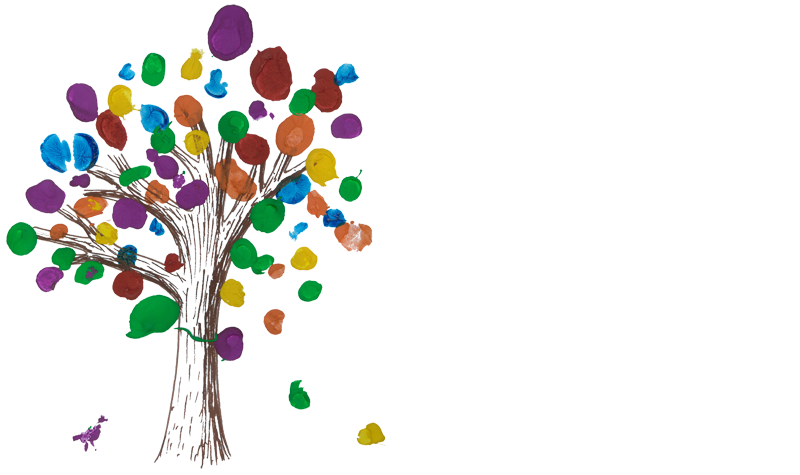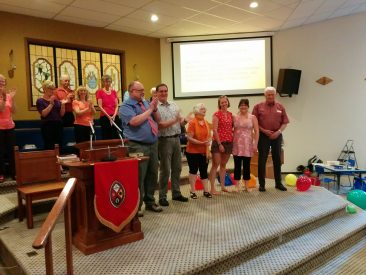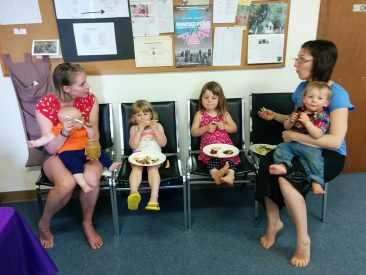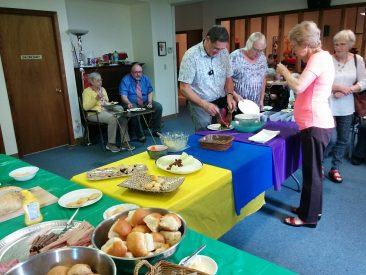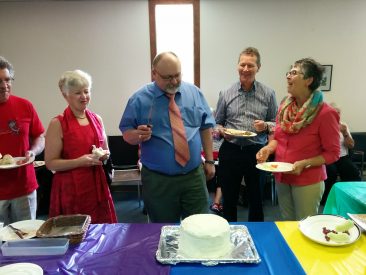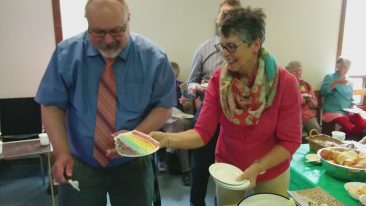On Sunday, 7 May 2017, our congregation vote unanimously to declare ourselves an “affirming” congregation (per the criteria below).
Our Affirming Statement reads,
“We affirm the inherent value of all life.
We affirm that all people of any gender identity or sexual orientation have a place of worship, discipleship, and leadership in Castlegar United Church.”
Furthermore, Castlegar United Church commits to the following:
- offering worship that reflects the affirmation of LGBTQ2 people
- ongoing unlearning of our internalized heteronormativity and cis-normativity, both as a congregation and as individuals
- communicating our affirmation of LGBTQ2 people in the community through words and symbols
- offering and participating in ongoing social and educational activities as a congregation in support of LGBTQ2 people
- supporting initiatives in Castlegar that promote safe spaces for LGBTQ2 people
- making educational resources (books, videos, etc.) available to people within and outside our congregation interested in learning more
- considering a $100 annual membership with Affirm United, the United Church organization that supports the development of affirming congregations and networks across Canada
On Pentecost Sunday, we celebrated our affirming designation.
What is an “affirming” congregation?
An “affirming” congregation is one that declares publicly, intentionally, and explicitly that it affirms all people regardless of sexual orientation, gender identity, or gender expression. Ultimately it is about hospitality, specifically toward people whom faith communities might historically have excluded.
The roughly 2-year process that congregations undertake give them time to ask good questions and have meaningful conversations about hospitality, values, gender, sexuality, and affirmation.
What is required?
Affirm United is an organization of United Church of Canada folks who guide and oversee our affirming process. To grant the “affirming” designation, Affirm United requires the following:
1. An inclusive marriage policy
2. A plan to continue the affirming journey (it doesn’t end with the vote)
3. An inclusive vision statement that explicitly affirms all genders and sexualities
4. An ongoing financial contribution to Affirm United (this is normally approximately $100/year)
5. A public celebration if an affirming motion is carried
The Affirming Committee hosted guest speakers, hosted events, organized film screenings, and so on to encourage us along the journey in thought and conversation.
Members of the Affirming Committee (disbanded May 2017):
Michelle Matson
Don Ellis
Gordon Soukoreff
Nicole Hergert
Don Danroth
Mae Wallin
Sarah Brownlee
How is it different now?
In June of 2007, Grosvenor Park UC Affirming ministry committee sent letters to all the Affirming congregations in Canada asking –how is it different now?
Here are some excerpts from the responses we received: (GLBT refers to gay, lesbian, bisexual and transgender. Now “LGBTQ2” (for lesbian, gay, bisexual, trans, queer, and 2-spirit) is more common, but this is fluid)
“It signals a safe place for those GLBT people outside the church to come in and those in the congregation to come out. “It is not unrealistic to think a life could be saved by providing a safe and accepting environment” (referring to the high suicide rate amongst GLBT individuals)”
“Affirming means you are making a public declaration of your acceptance.”
“It is not sufficient to assume that a friendly welcome means a safe and accepting place.”
“Members felt safe bringing their partners.”
“GLBT members immediately became more active members of the congregation.”
“More GLBT people joined the church, though we have not become “the gay church”. -Also an increase number of heterosexual couples with children have joined stating the reason for attendance was the church’s affirming status.”
“The examination and the dialogue are the most important aspects of becoming affirming”
“A few members left but that was compensated by newcomers- seekers who value inclusiveness (not only GLBT)”
“Our slumbering souls were awakened to the amount of exclusion that is practised in the church – not just towards our GLBT friends but to differently abled, economically challenged, single parents etc”
“It is a work in progress.”
“Membership can grow.”
“It is a kinder warmer, gentler congregation.”
“Some left the congregation and some returned.”
“Our children grow up in this atmosphere of acceptance”
“There was no community backlash.”
“It was not until I realized the depth of societal rejection many GLBT live with or have lived with, that to risk rejection once more would be unthinkable and unbearable for them. … it was an act of deep faith response based on our belief that we are called by our Creator to act for justice…. The work is on going.”
“It made all the difference in the world…we found people began to venture in who would never have done so otherwise”
To be inclusive can be scary, we have to set aside our fear of the unknown. We have to confront our misconceptions, and our prejudice. We have to take seriously the call to do justice. It is not easy work and it can come at a cost. All of those things can be mighty uncomfortable”
“To become Affirming was equated to a church coming out of the closet.- We became visible and vulnerable. By our signs, symbols and our work we announced to the world that this is who we are, and this is what we are about. There was freedom in that. That sense of freedom released us from being concerned about what others might think of us. And we were enabled to get on with the work that needed to be done…. We have been made acutely aware that all discriminations are equal and linked. “
“We now have gay staff and members”
“At Sunset (United church) consensus does not necessarily mean complete agreement but rather being able to live into a decision – an intention
